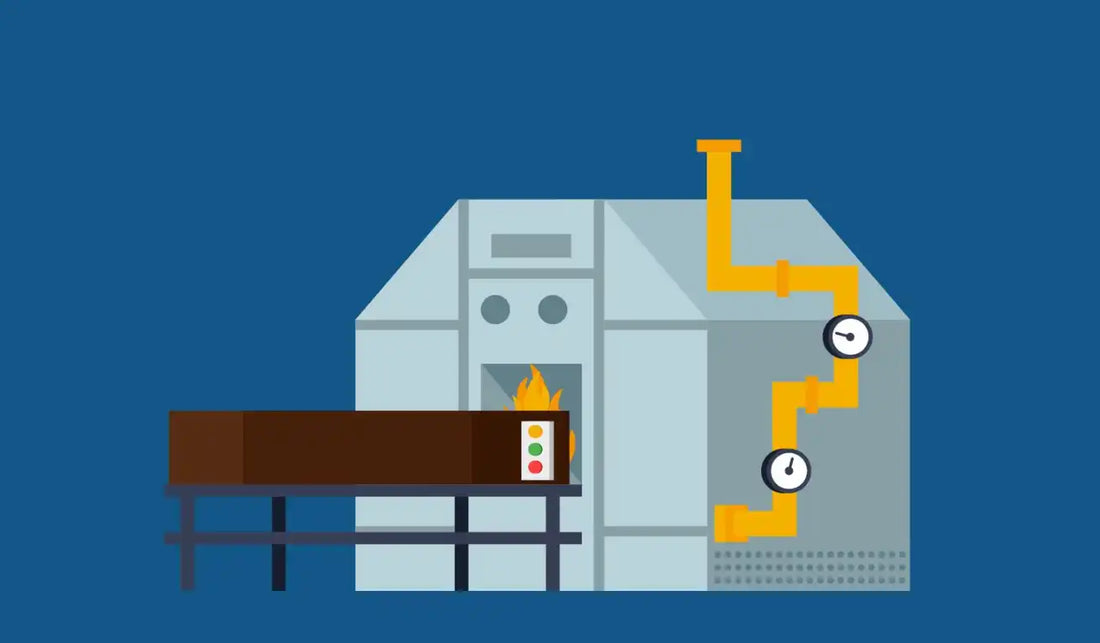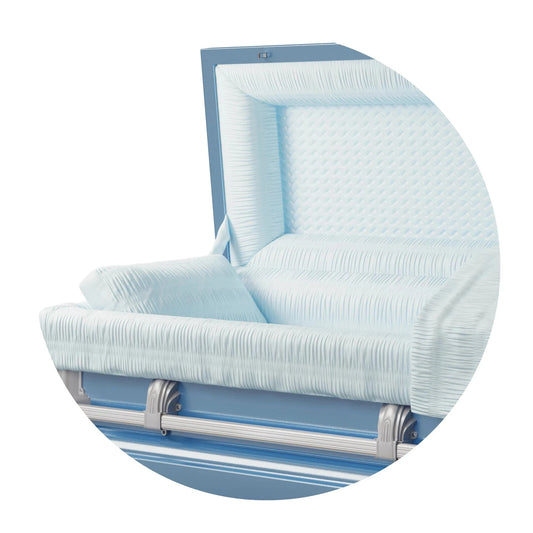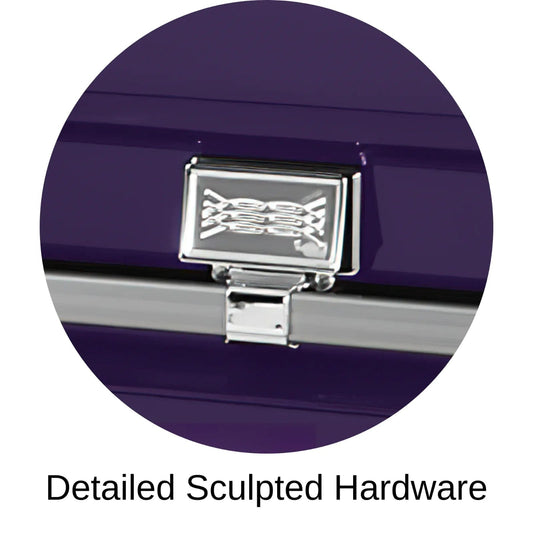Why Are There Cremations?
Cremations have gained much popularity in the last few decades. Now, many people are opting to be cremated in coffins over being buried. The most obvious reason for this change in tide is the cost difference.
- Cremations are far cheaper than burials. There are greater options for reducing costs depending on the type of cremation you opt for. The cheapest might be a direct cremation with no coffin or funeral service.
- 60% of Americans no longer opt for religious funerals.
- There is also greater environmental awareness in people to reduce their carbon footprint by opting for cremation over a burial.
- There are less rigid timings with cremations, which come with the prompt action that burials necessitate.
-
There are newer types of coffins available that are natural— made from bamboo, wicker, and banana leaves, for instance.
Plan Your Farewell with Grace – Our Pre-Planned Caskets Offer Peace of Mind
Why Opt For A Coffin Cremation?
Do they cremate you in a coffin? People often believe that coffins simply provide a decorative quality. However, they also serve as a protective case for the body both for preservation and safety during its transportation. Since a crematory worker handles the deceased's body, it aids them in carrying out their funeral arrangements in an honorable and dignified manner. A casket can also be the perfect container to use while your loved one is being cremated. There is something majestic about sending off your loved one in a casket. Wooden or natural caskets are perfectly flammable for a cremation. People even opt for cardboard ones since they burn easily. Moreover, for any maneuvering of the body inside the crematory, a casket is sturdy and elegant.
Step By Step Guide To Coffin Cremations
- The body must be identified: The laws and rules of identification are different across states. Facilities lay out their procedures based on industry endorsements and recommendations. The most crucial component is having a family member identify the body. A metal identification tag is then put on the body. It stays there until the end of the process for final verification.
- There must be authorized permission granted to the crematory to proceed with the cremation. This is secured once the people carrying out the arrangements finish the required paperwork, which varies depending on which state you are in. The paperwork covered a section on the specifications of the crematory container and on the person collecting the ashes. If you have opted for a casket, make sure it does not have any metal. You can go with wood, wicker, bamboo or even a willow option.
- The body must be prepared by being cleaned, embalmed and dressed by the respected facility. The body need not always be embalmed unless the family has organized a public viewing. Here, the deceased's body is also stripped of any items they have on— jewelry, older clothing, medical devices, their watch and so on. This is done as a measure to filter out any external materials from the remains. The body is then moved to a cremation chamber with a furnace of high temperatures (up to 1,800 degrees F). The body is passed through the retort and comes out as ashes. The body passes through along with the flammable casket. The remains are then cooled before they are moved elsewhere.
- The ashes are then cleaned out by hand, in case any left behind metals are left behind during surgery, for example. Magnets may also be used to filter any metal parts. The remains are then ground into ashes.
- After dealing with the remnants and converting the remains to ashes, it is either placed in an urn or a similar container to be handed over to the deceased's family.
How Long Is The Cremation Process?
In terms of time efficiency, a cremation fairs much higher than any traditional burial. The incineration wraps up after two or three hours. It is usually completed right after death. Direct cremation is the quickest, but even a traditional cremation is swift enough to save more time than any burial. Deciding on the perfect casket to keep the body of your loved one is a careful consideration. Natural wicker containers may not have the strength to contain and transport a heavier body. In this case, you could opt for a wooden container without metallic finishes. Crematories have a rigid list of policies on the time it might take to have the remains of the deceased prepared for the bereaved. For that perfect wooden casket, shop at Titan Casket and choose from our expansive range.

![Upgrade to Premium Weight [18-gauge steel]](http://titancasket.com/cdn/shop/products/casketthicknesswithnumbers.png?v=1680642906&width=533)









